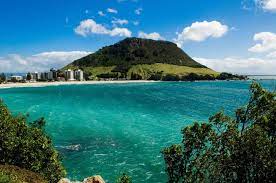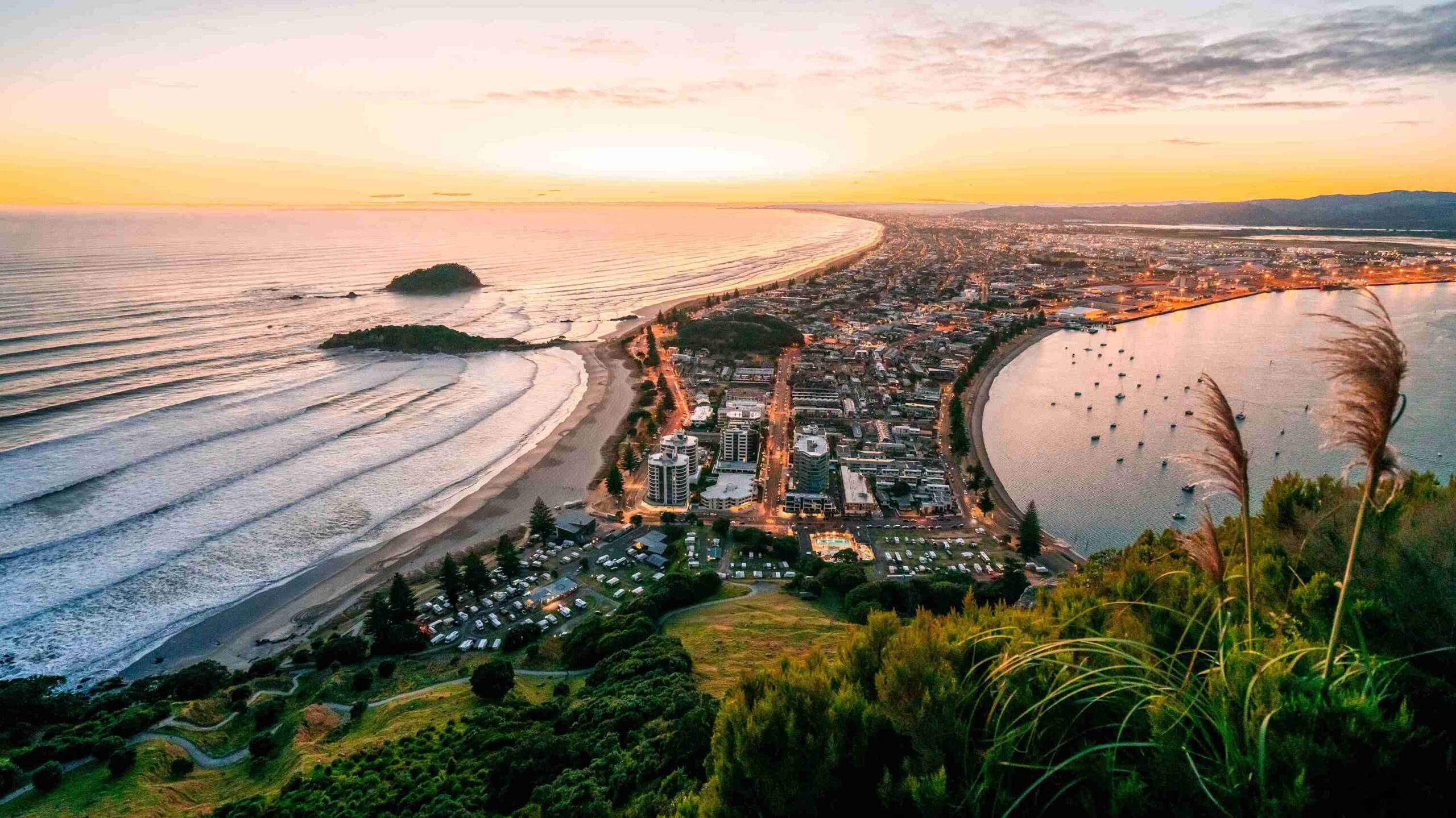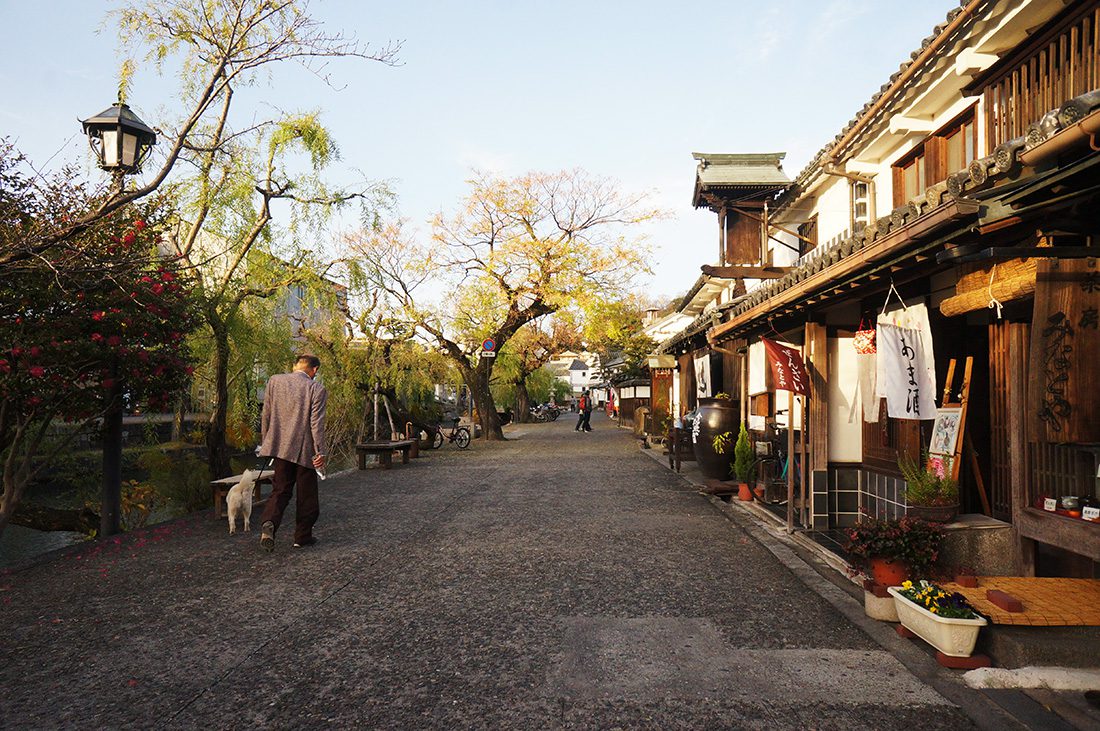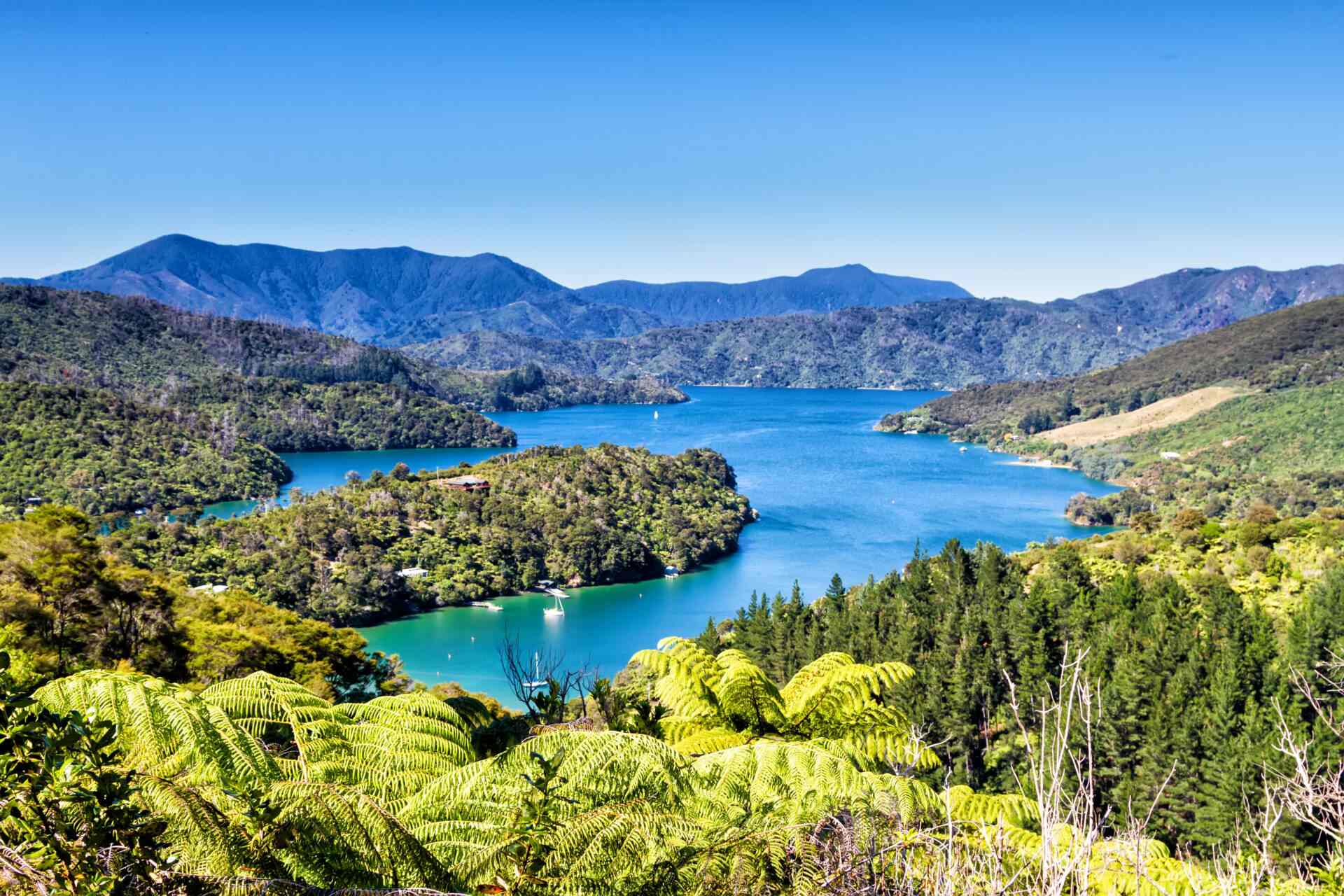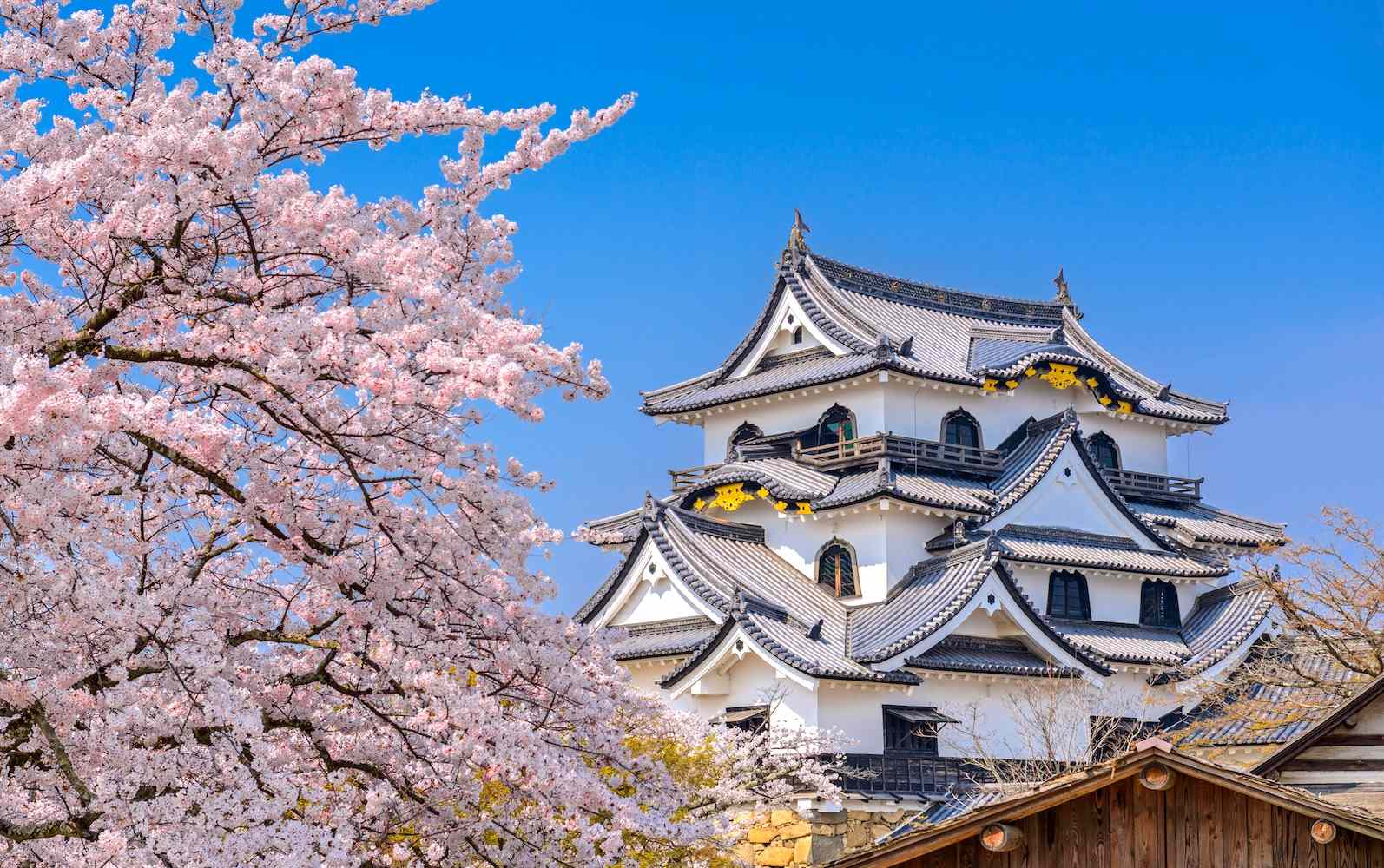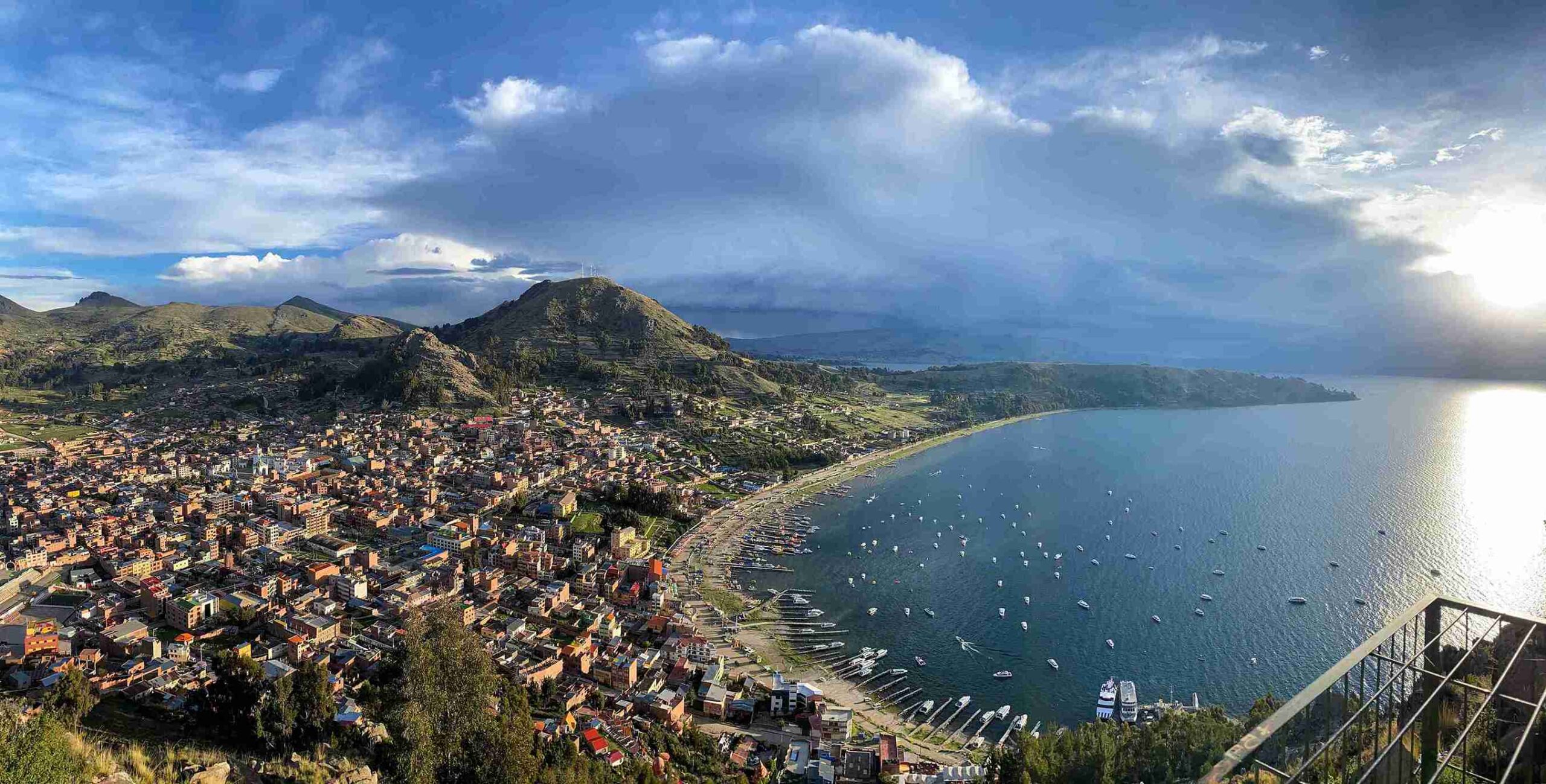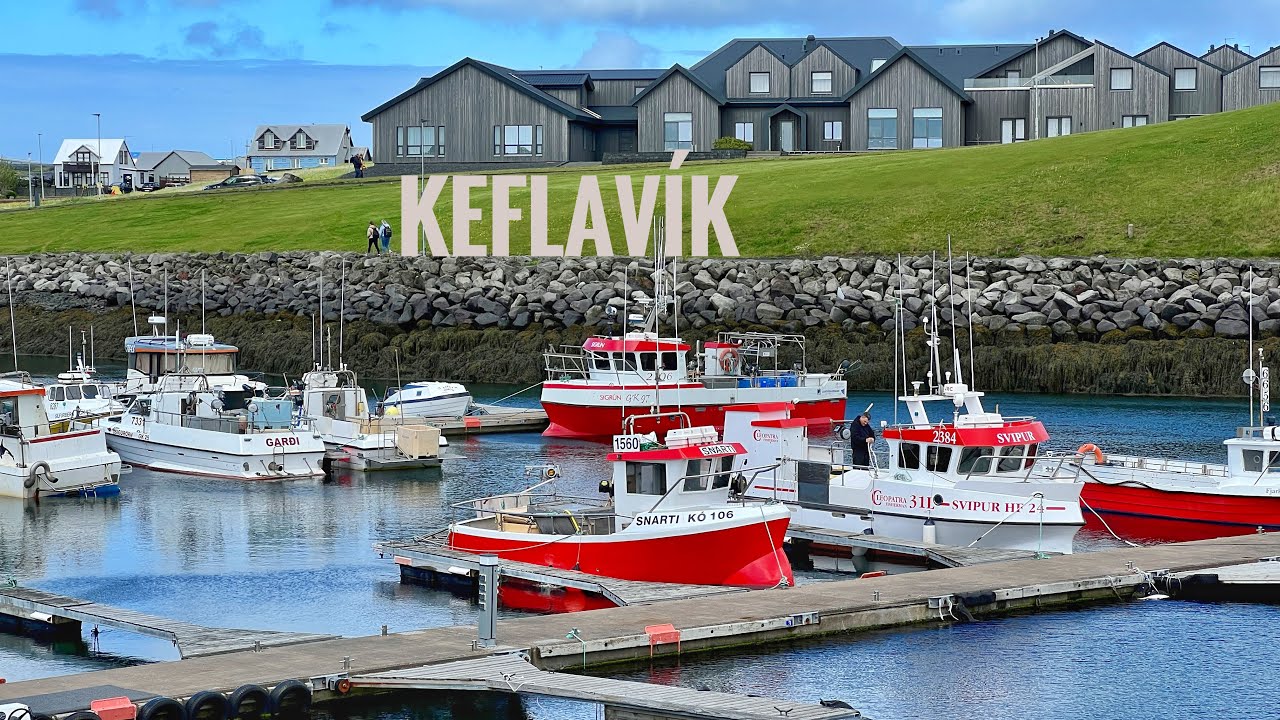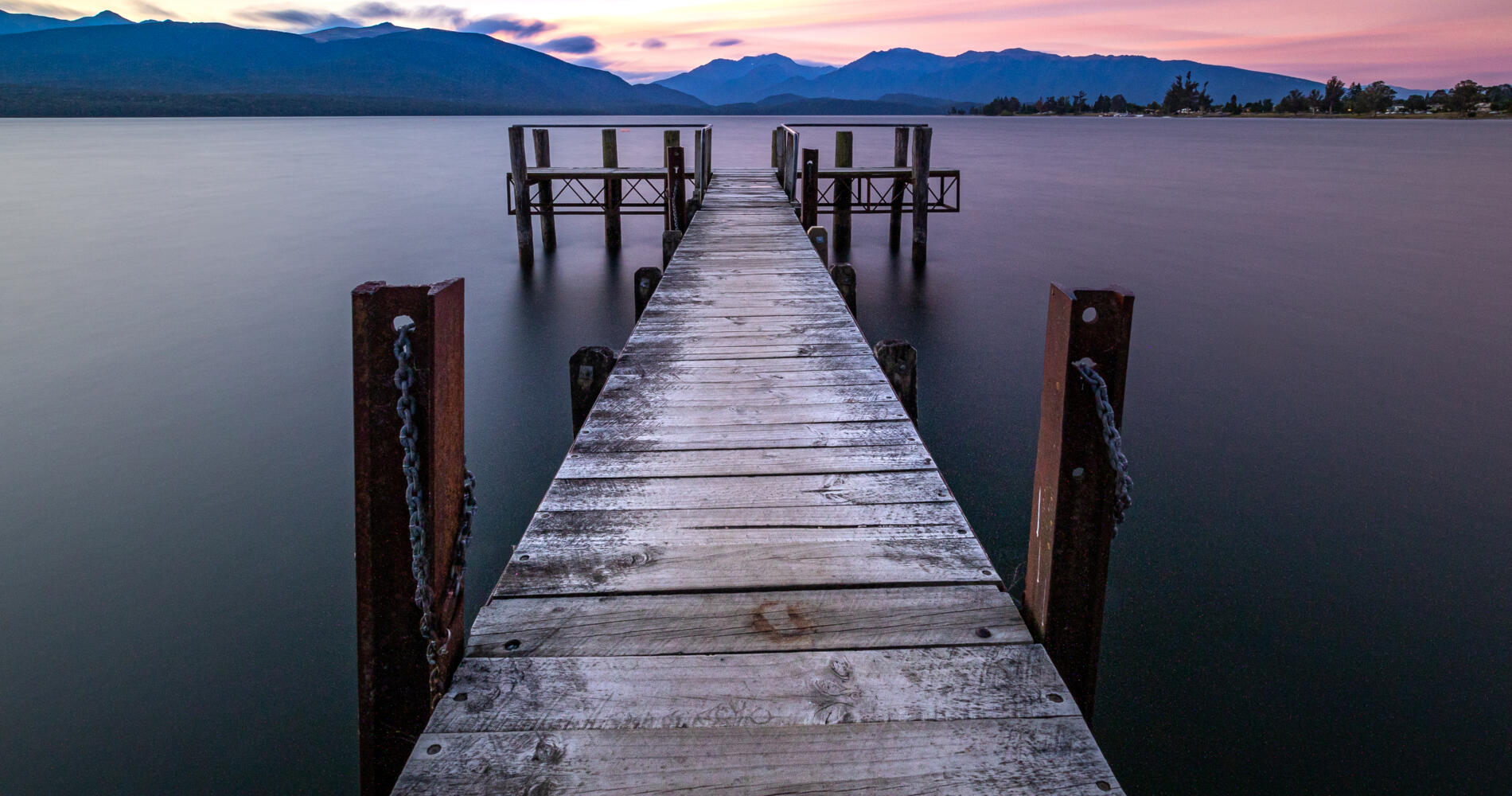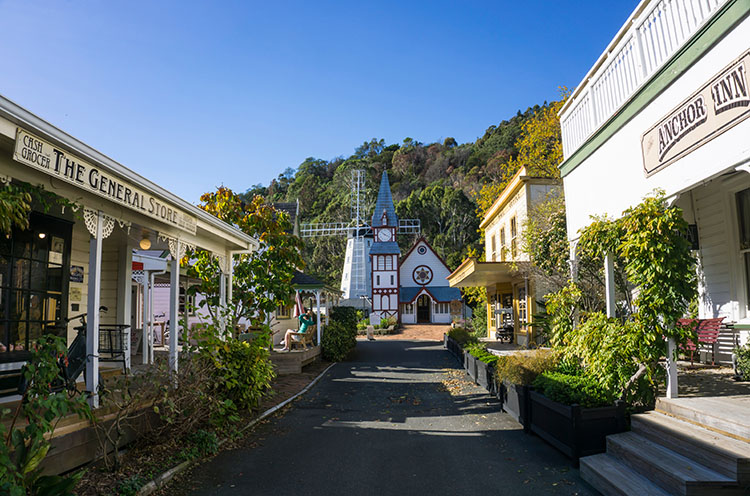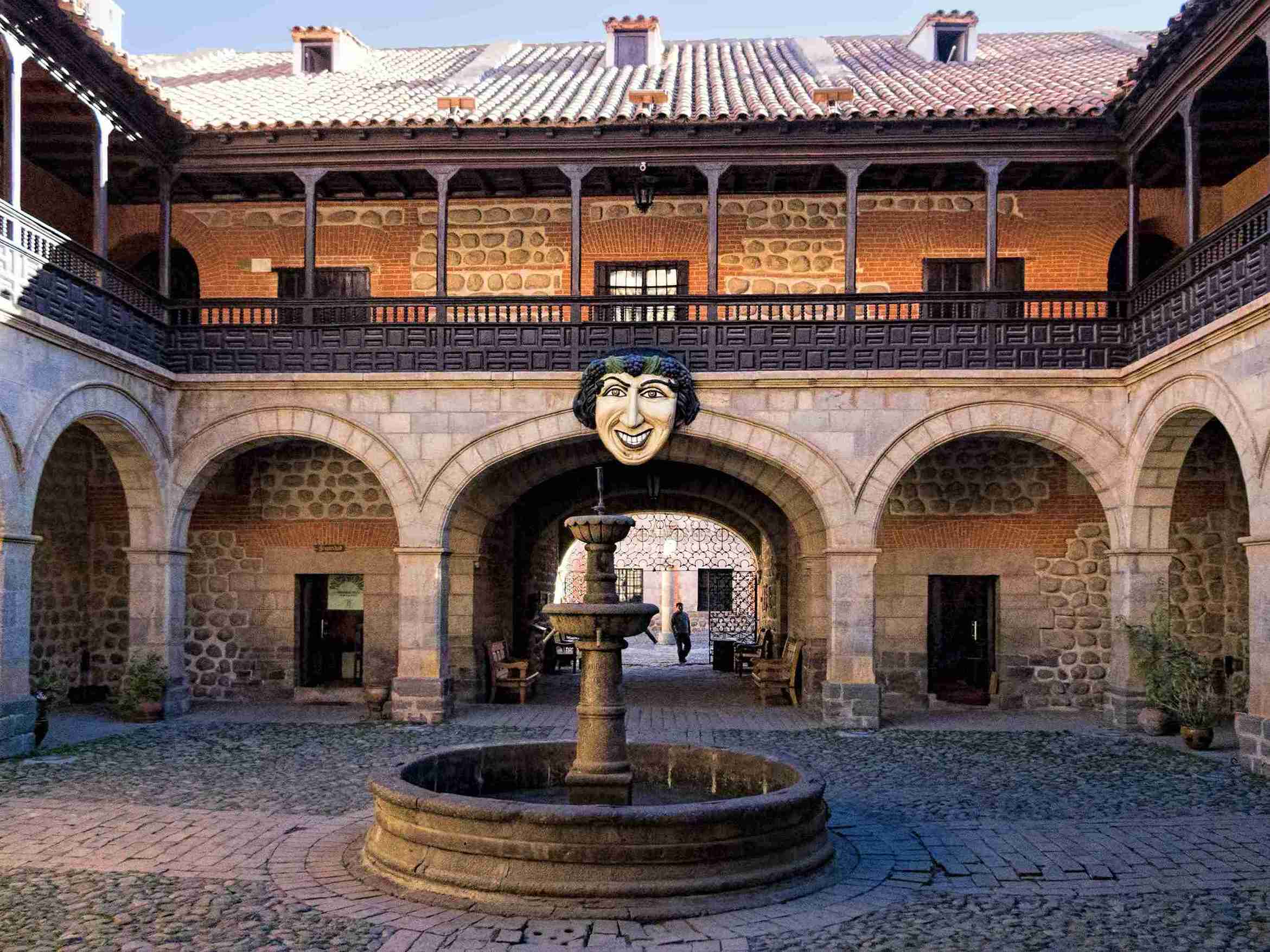Ponta Delgada, Azores – Travel Tips
Category
Categories
Popular Articles
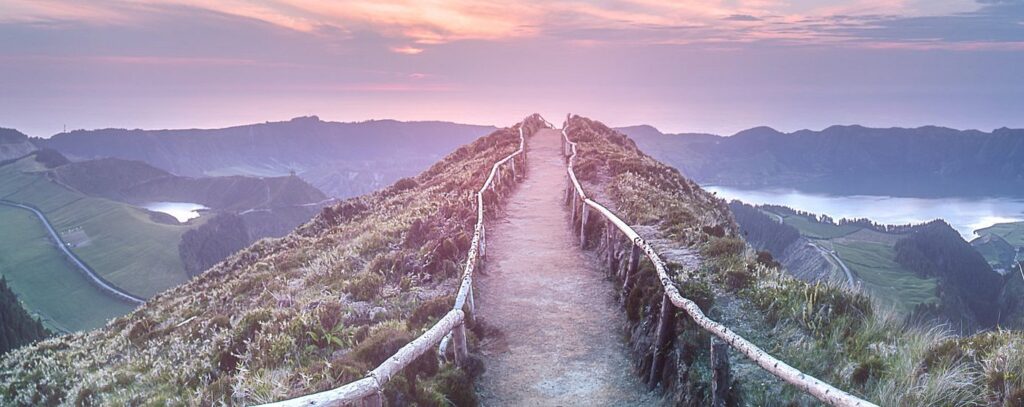
**Overview of the Destination:**
The Azores archipelago is a hidden gem of Portugal, and the city of Ponta Delgada, located on São Miguel Island, is its stunning capital. Known for its charming blend of natural beauty and European architecture, the city is recognized for its cobblestone streets, pretty white houses, and spectacular ocean vistas. The city is also home to delightful Portuguese culture and cuisine, making it an enticing destination for all sorts of travelers.
**Best Time to Visit:**
The best time to visit Ponta Delgada is during the summer months of July and August when temperatures are warmest and the island is at its most vibrant. That said, spring (May-June) and early fall (September) are also great times to visit if you’d prefer a little less tourist crowd. Major events include ‘The Day of the City’ festival in April celebrating the city’s anniversary & the ‘Festas do Senhor Santo Cristo dos Milagres’ religious festival in May.
**Climate & What to Pack:**
Ponta Delgada boasts a mild, maritime climate with warm summers (20-27°C) and cooler winters (10-15°C). It’s always wise to pack a waterproof jacket and umbrella, as rain showers are unpredictable year-round. Comfortable footwear is also advised due to the city’s steep streets and rugged landscapes.
**Getting There:**
Ponta Delgada is served by João Paulo II Airport, the busiest in the Azores. The airport hosts flights from many European cities, Canada and the USA. From the airport, it’s just a short taxi or bus ride into town. As part of Portugal, European Union citizens do not require a visa to enter, while other nationalities should check their respective regulations.
**Getting Around Locally:**
The city of Ponta Delgada is very walkable with the majority of attractions easily reached on foot. For longer distances, public buses, taxis and Uber are available. Car rental is also an option for those wanting to explore beyond the city.
**Safety Tips:**
Ponta Delgada is generally a safe place to visit, though normal precautions should be taken to protect valuables. Always respect local customs and traditions, especially during religious festivals. Solo travelers, including women, should feel reasonably comfortable here, though it’s always good to stay vigilant especially at night.
**Top Things to Do & See:**
Must-see attractions include the City Gates (Portas da Cidade), Fort of São Brás, and the Gothic-style Church of Sao Sebastiao. For nature lovers, the volcanic Lake Sete Cidades and the relaxing Terra Nostra Gardens are must-sees. Also consider taking a whale and dolphin watching tour!
**Where to Stay:**
Ponta Delgada offers a wide range of accommodations to suit every budget, from luxury resorts to budget hostels. If you want easy access to local attractions and dining, stay in the city center. For a more peaceful, rural experience, consider accommodations outside the city near the coast or amid the island’s beautiful greenery.
**Food & Local Cuisine:**
While in Ponta Delgada, do try the local Portuguese cuisine like ‘cozido’, a slow-cooked stew, or ‘bolos lêvedos’, sweet round bread. Dine by the seaside for the fresh catch of the day. The city also offers many quaint cafes and restaurants serving delicious food.
**Cultural & Practical Tips:**
The official currency is the euro and the official language is Portuguese. English is commonly spoken in tourist areas. In restaurants, a 10-15% tip is standard if service is not included on the bill. Power plugs are type F, the standard voltage is 230V, and the standard frequency is 50Hz.
**Sustainable or Responsible Travel Tips:**
The Azores is a pioneer in sustainability, so help preserve its beauty by respecting nature, minimizing waste, supporting local businesses, and using water and energy responsibly.
**Personal Travel Tip:**
Ponta Delgada is a convenient base for exploring the rest of São Miguel Island. From hot springs to beautiful hikes, allocate some time to see more of the island’s incredible nature offerings. Above all, immerse yourself in the local culture and way of life – it’s bound to be an unforgettable experience.

